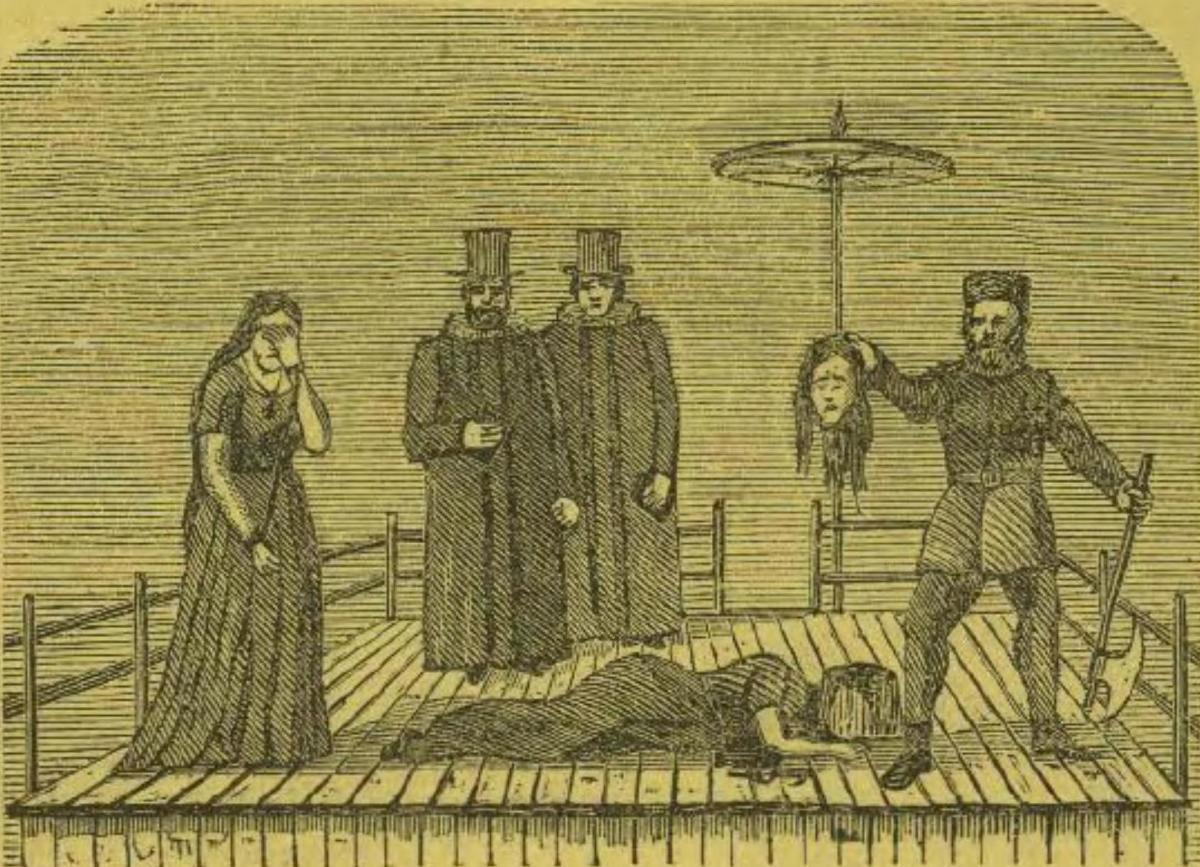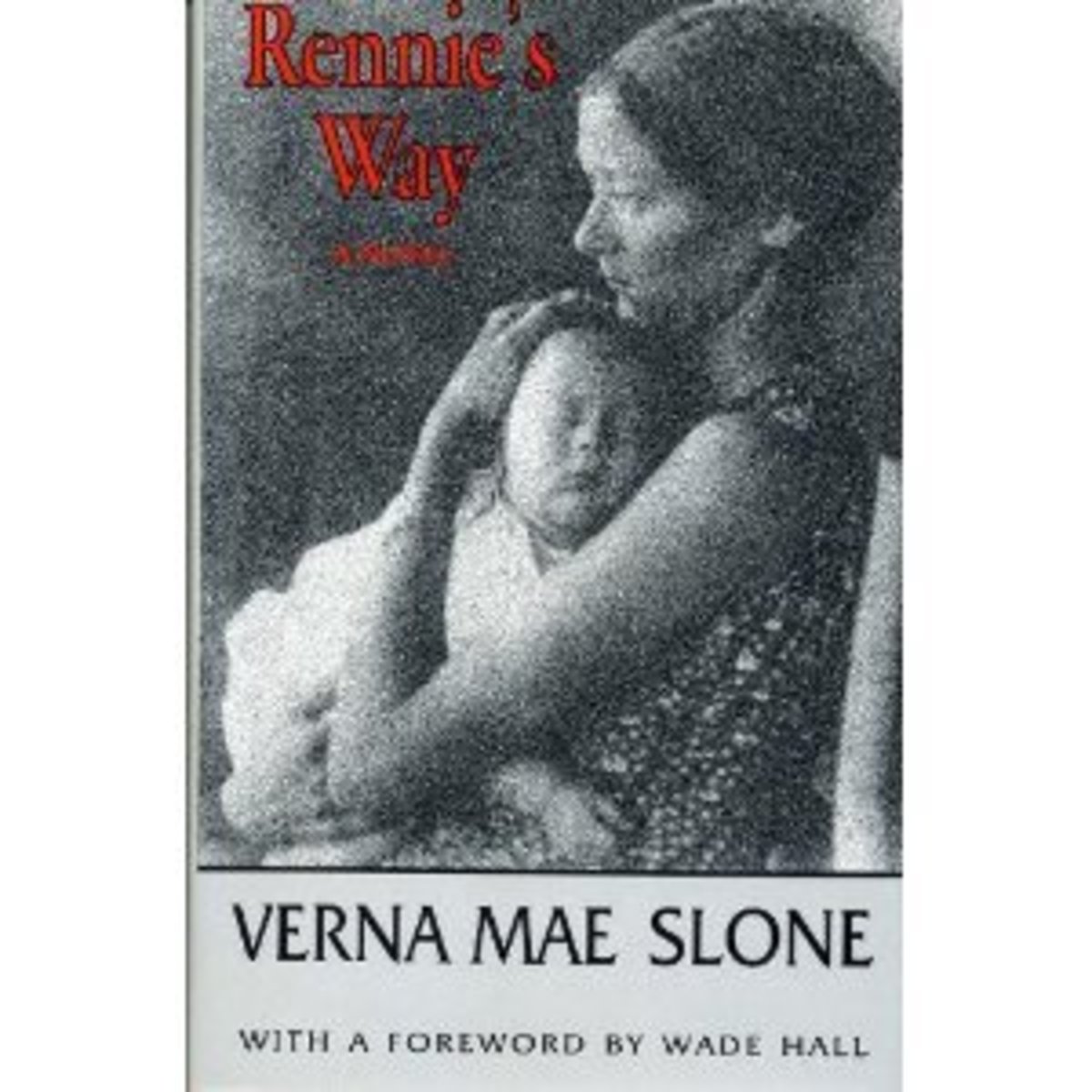How and Why People Fall for Hoaxes
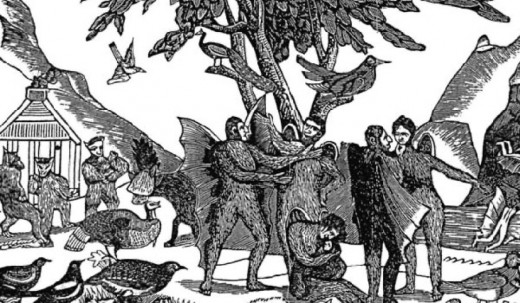
Just a Few
John Newbegin
In December 1874 the Sun Newspaper, a well respected broadsheet, published a long letter in it's column with names, dates, and places.
The letter described how a man named John Newbegin, who had died four years before, had materialised during a séance and refused to dematerialise.
The letter went into detail.
People all over the country avidly read, quoted and debated, dead sure it had happened. Those who dismissed the contents of that letter were virtually run out of town, because the public so wanted to believe it.
The letter had been composed by an aspiring young journalist, Edward P. Mitchell, who used it as a platform to gain a job with that very paper.
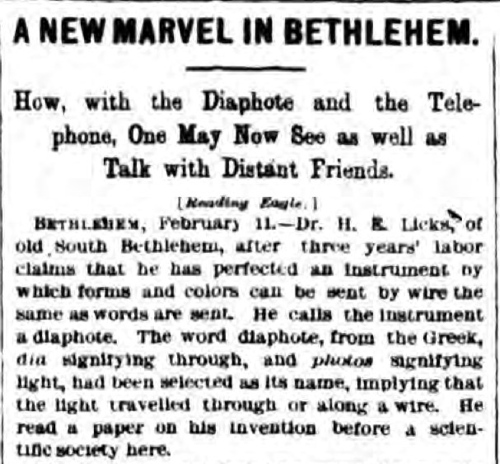
Television
There was a claim that 'television' was invented in 1880. It was called a Diaphote. This revelation excited people all over the country.
Those who dared to dispute the existence of this diaphote were dismissed.
t wasn't until 1917 that "Dr. H.E. Licks" (Helix) , the erstwhile inventor, revealed
it was a complete hoax in a book he wrote.
For over thirty seven years, that hoax had survived.
Bathtub
During World War I, H.L. Mencken wrote a widely quoted authoritarian history of the Bathtub.
It was quoted, copied, used as an authority, accepted and treated as truth.
"The first bathtub in the United States was installed in Cincinnati
December 20, 1842, by Adam Thompson. It was made of mahogany
and lined with sheet lead."
"At a Christmas party he exhibited and explained it and four guests
later took a plunge. The next day the Cincinnati paper devoted
many columns to the new invention and it gave rise to violent controversy."
Mencken went on with his history up to Milliard Fillmore's installation of a Bathtub in the White House.
Nothing in Mencken's history of the bathtub was true.
It was all a joke.
Mencken later wrote,
"My motive was simply to have some harmless fun in war days."
In truth, his article was a deliberate hoax to test the gullibility of readers and other journalists.
The Capture of Belief
In the first example, that of John Newbegin, we can all chuckle. The name alone is a dead giveaway.
Yet, people so wanted to believe that the Spirit persisted after death they accepted the article as true. It was the age of the Séance, the age where people truly believed in ghosts and spirits, Ouija boards, and Mediums.
The aspiring journalist tapped into that well of interest and created a complete fiction.
To 'substantiate' his story he added a lot of details. He believed, and rightly so, that the more place names and people he quoted, the more events he mentioned would give his fiction that necessary 'truthfulness'.
In the second case, that of the Diaphote, a scientist, aware how ignorant people were, of even the most, (to him) mundane inventions. He believed he, could concoct a story. He was sure those who did not wish to seem unaware but fey with all manner of endeavour, would agree with his postulates and possibilities.
In the third example, H.L. Mencken went on to become one of the most popular humourists of his day. This first foray into the fray was not an accident.
He knew people believed whatever they read in a newspaper and so tossed something at them which they would swallow.
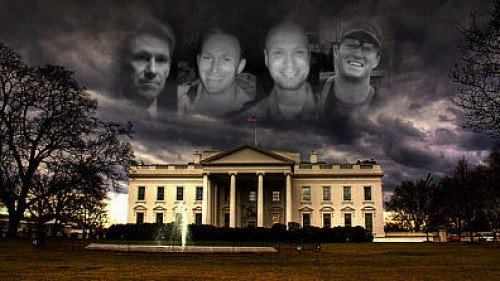
Today's Crop
The same rules which applied in those ancient days apply today.
Find something the majority of people want to believe and give it to them. Fill the hoax with information which can't be easily verified or has been so 'photoshopped' as to seem true.
State it, fling the item on the Internet via some social network and sit back..
There are few discerning readers who will question the site on which the item is published and the publisher.
These persons will draw the conclusion that the item isn't worth the ether it floats in.
These people make up the extreme minority.
The majority, happy to read what they want to believe. They ignore the fact it's published on a questionable site, that the presenter doesn't seem to have any credence, but run with the contents.
Running the Hoax
Many Hoaxes are so strong that people will blindly believe them, despite empirical evidence.
For example, the now defunct writing site, Triond published the 'Whitehouse Insider". This was an absolute hoax, and created to be a hoax.
Yet, people believed it.
Following the pattern, youths from Macedonia posted insane pro-Trump rubbish on invented sites, and linked them to their Face Book Account, and got millions of hits.
And, of course, the majority dive into Wikipedia, seemingly unaware anyone can edit it, and believe every word they read, rarely going to other sources to confirm.
Some people get emails telling them they can share in the looting of the Nigerian Treasury. Some get phone calls telling them they won the Jamaican Lottery.
And they believe these things.
Most people are so gullible one has to go out of their way not to delude them.


